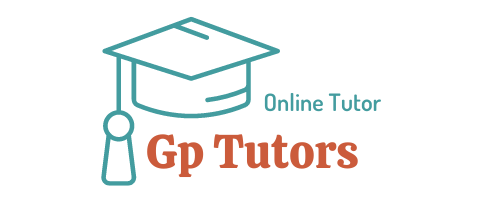Academic achievement refers to the level of tutorial fulfillment a pupil attains. It consists of grades, take a look at ratings, and usual educational overall performance. Schools and educators attempt to enhance instructional achievement through diverse methods. These consist of personalized getting to know plans, effective coaching strategies, and supportive mastering environments.
Key Factors Influencing Academic Achievement
Several factors influence academic achievement. These factors include:
- Quality of Teaching: Skilled and motivated teachers significantly impact student learning.
- Learning Environment: Safe and supportive environments foster better learning outcomes.
- Parental Involvement: Active participation of parents in their child’s education boosts academic success.
- Student Motivation: Highly motivated students tend to achieve better academic results.
Strategies to Enhance Academic Achievement
Implementing powerful strategies can notably improve instructional fulfillment. Here are some key strategies:
- Personalized Learning: Tailoring education to meet individual student needs enhances learning.
- Interactive Teaching Methods: Engaging students through interactive lessons promotes better understanding.
- Regular Assessments: Frequent evaluations help track progress and identify areas needing improvement.
- Support Services: Providing additional support such as tutoring and counseling aids student performance.
Understanding Functional Performance
Functional performance features a student’s ability to use instructional talents in real-lifestyles conditions. It entails realistic skills which includes hassle-solving, crucial thinking, and social interplay. Functional overall performance is important for universal improvement and success past the lecture room.
Enhancing Functional Performance
To boost functional performance, educators and parents can focus on the following:
- Life Skills Education: Teaching practical skills prepares students for real-world challenges.
- Extracurricular Activities: Participation in activities like sports and clubs develops teamwork and leadership skills.
- Community Engagement: Involvement in community projects enhances social responsibility and problem-solving abilities.
- Technology Integration: Using technology in education promotes digital literacy and critical thinking.
Balancing Academic Achievement and Functional Performance
Balancing academic achievement and functional performance is essential for holistic student development. Here are ways to achieve this balance:
- Integrated Curriculum: Combining academic subjects with practical skills ensures comprehensive education.
- Collaborative Learning: Group projects and discussions foster both academic and functional skills.
- Real-World Applications: Linking classroom learning to real-life scenarios makes education more relevant and engaging.
- Continuous Improvement: Regular feedback and adjustments to teaching methods ensure ongoing student development.
Conclusion
Enhancing both instructional fulfillment and functional overall performance is essential for student fulfillment. By that specialize in personalised studying, interactive teaching, and sensible abilities development, educators can offer a properly-rounded training. This approach not most effective prepares students for academic excellence however also equips them with the capabilities needed for real-global success. Through collaborative efforts of instructors, parents, and groups, students can attain their complete ability in both instructional and practical domain names.

